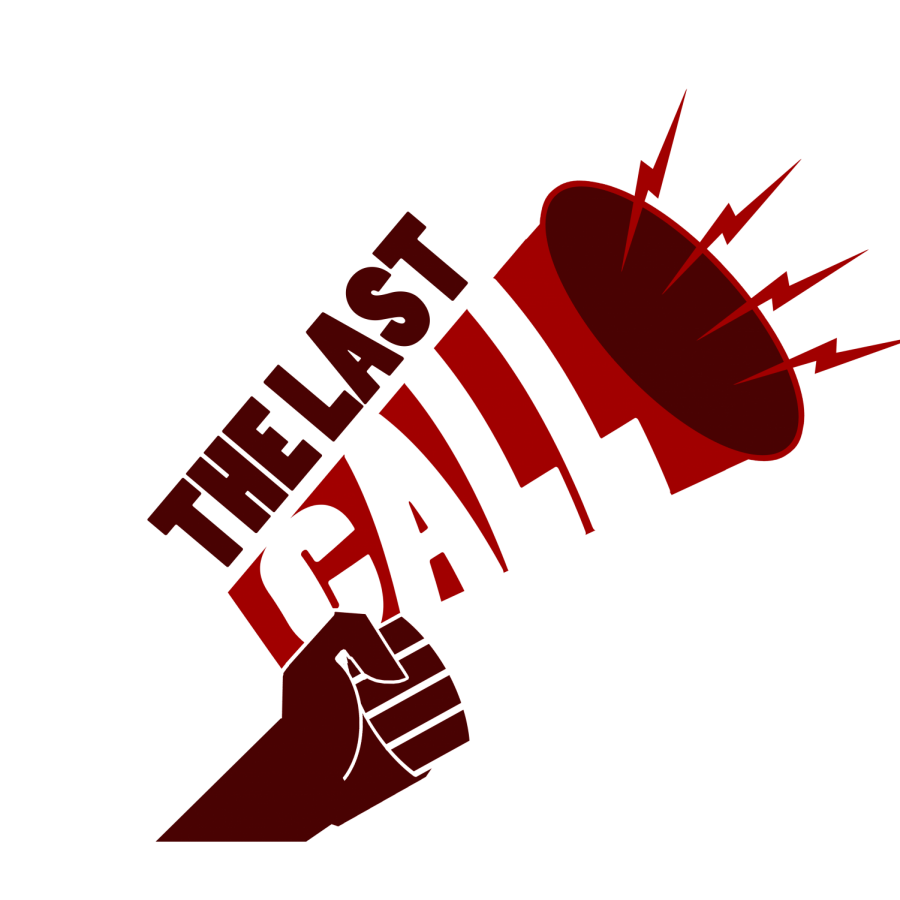Cancel culture and exclusionist dialogue at Macalester
February 13, 2020
Accountability is a part of life. We have all been held accountable or held others accountable for their actions, promises or commitments. Accountability addresses a failure to meet explicit or implicit expectations. Lately, you may have heard of the term “cancel culture,” which speaks to a social movement that originated online.
The idea is that certain people or groups are “cancelled,” meaning you no longer support or follow their work because of something that they may have said or done.
While cancel culture has contributed to keeping some individuals and companies accountable, I believe it also contributes to a much larger problem which is prevalent now more than ever on our campus.
Cancel culture seems to have originated with the purpose of holding celebrities accountable for their actions. Celebrities, while also individuals, serve as icons and role models for millions of people. They may have millions of dollars and a huge fan following, but they also need to know when their actions are harmful to certain people. There are, of course, extreme cases involving physical or sexual abuse, in which it makes perfect sense to immediately stop supporting an artist’s work. For example, I personally no longer listen to R. Kelly’s music. I cannot bear listening to his lyrics, knowing they were probably written and performed with young girls in mind. But cancel culture has extended far beyond these cases, and it is increasingly ineffective as a tool for accountability.
Before addressing the effects of cancel culture, I would like to concentrate on apologies. Cancel culture often calls on people to apologize for their words and actions. When someone did something a considerable amount of time ago, it seems reasonable to ask for them to explain how they have grown and apologize. However, if our reaction the instant someone says something offensive or hurtful is to go after them as a person, their character— to “cancel” them — they will apologize, but not because they are sorry.
They will apologize because they “got caught,” and they are afraid. While these examples mostly apply to celebrities or individuals occupying positions of power, cancel culture is a symptom of a much larger culture in liberal and leftist circles, which leads me to my next criticism of cancel culture: its failure to offer a chance for people to genuinely learn and grow.
Macalester is known for its liberal and leftist atmosphere. In my personal experience, many people come to Macalester because they value its commitment to diversity and multiculturalism. Unfortunately, this results in preconceived notions about what students’ experiences are around social issues, namely that they are incredibly socially aware. While there typically is a high level of awareness about social issues at Macalester, that isn’t true for everyone, and as time goes by, the opinions that will be “on the right side of history” change and develop. I have seen (and admittedly participated) in the shaming of others based on statements they made, which I immediately took to represent their entire worldview.
For a community that upholds an explicit commitment to engage with those who are different from us, we have found a way to be exceptionally bad at it. Choosing to engage with someone who makes a hurtful remark or holds a starkly different viewpoint on an issue should not be confused with offering them a carte blanche or legitimizing their beliefs. As a community, we need to think critically about our personal views and hold ourselves accountable in the same way we do to others.
The simple reality is that every single one of us has made hurtful, insensitive, racist, sexist, homophobic, transphobic, classist, xenophobic, ableist or ageist claims in our lives. And the truth is that it is much easier to cancel someone than to open up to them. We need to be more mindful and understanding toward ourselves and others on issues like these. Compassion and anger can coexist, although it is much harder to channel compassion than anger. In response to my views, many people have said things like, “it’s not my job to educate the ignorant. They are old enough and smart enough to know that their words are hurtful.”
I don’t pretend to know where to draw the line between sheer ignorance and social responsibility, but I do know that shutting people out means they will never have a chance to regret their words or actions. Discourse can make us feel uncomfortable and vulnerable, and I would never call upon someone who was the direct or indirect target of a certain remark to engage with someone if it would be an obviously incendiary or hurtful conversation.
I do not expect anyone to extend forgiveness. Forgiveness is a powerful and personal tool that should be wielded at the command of each individual, but for those of us who do have the space, the privilege, the compassion and the ability — I implore you to consider the worst of the things you have said or done and extend what care you can. As a result, you may find people to be more understanding, empathetic and caring than you first realized.
“The Last Call” is written by Prof. Karin Aguilar-San Juan, Adriana Saso-Graves, and Peroushini Villiamma. It appears each week on the backpage of The Mac Weekly.














Ciara Moore • Feb 15, 2020 at 6:09 pm
Great article!